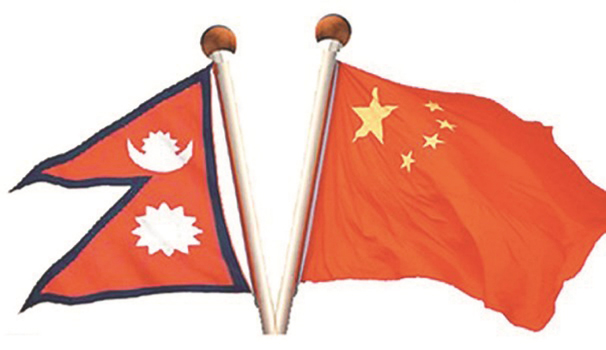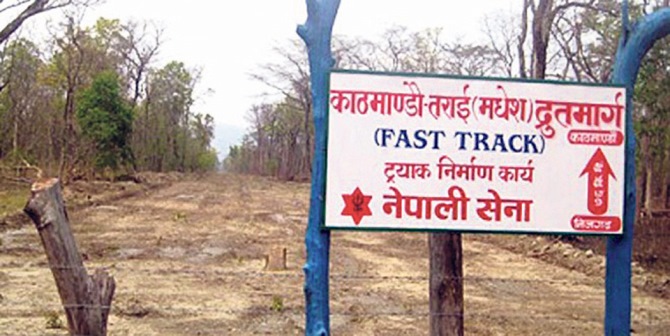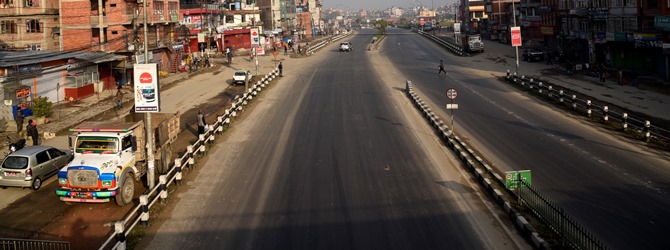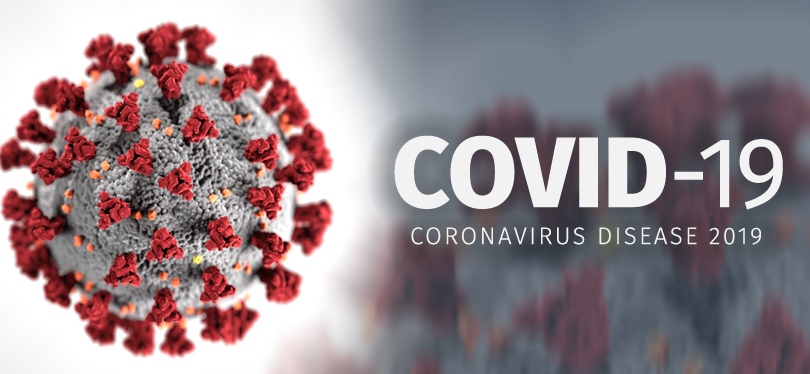Technology addiction on rise globally

By Purushottam P. Khatri
Kathmandu, Mar. 16: Psychologists, Information Technology (IT) specialists and cyber security professionals say technology-related disorders, including the one caused by internet, are on the rise across much of the world. As a result, many such addicts are not just harming themselves, but also threatening to unravel the very fabric of the society. Compulsive desire to use electronic appliances, like TV, computer, smartphone, video game, internet, etc., is generally defined as addiction.
"Technology-addicted people cannot divert their mind off technology, even for a few hours as if they cannot live without it. If they get deprived of it, they either get depressed or start throwing tantrums," Bijay Limbu Senihang, cyber security expert and founding member of Bhairav Technology, said.
The important thing here is that immersing oneself in technology for a long time is not necessarily addiction. But when technology starts having a detrimental effect on its user, which includes fraying relationship, then it is addiction, he clarified.
Although youngsters are more prone to such addictions, elderly are not immune to it, he elaborated. A recent research conducted by the University of Hong Kong showed that 6 out of 100 people across the world, are technology-addicts. It goes on to mention that the Middle East is the world's most technology-addicted region, with 10.9 per cent of the total population glued to the internet. And the number of internet addicts around the world averaged 6 per cent.
"The main symptom of technology addiction is to spend over 10 hours a day with it in an obsessive manner," Limbu informed.
Internet addiction in Asia is 7.1 per cent, 6.1 in Southern and Eastern Europe and 2.6 in Northern and Western Europe, and in countries such as Australia, China, India, Japan, Italy, Korea, and Taiwan, internet addiction is a serious problem, the study shows.
Om Baniya, a psychologist, said internet addicts show major symptoms, like isolation from friends and family, sleep deprivation, loss of appetite for food and recreational activities, weight gain in some cases, pain in hands and wrists, carpal tunnel syndrome, reoccurring headaches, vision problems, body, back and hip pain.
He said internet addiction is no less dangerous than drug or alcohol addiction, and that online gaming, and social networks such as Facebook, obsessively watching pornography are the initial symptoms.
According to a Journal of Health Allied Sciences (JHAS), published in November of 2019, a study conducted in 422 colleges in Kathmandu shows prevalence of internet addiction is the highest among higher secondary level students in Kathmandu. It found 2.57 per cent of the respondents of some 100,000 were internet addicts.
Senior Superintendent of Police (SSP) Nabindra Aryal at Cyber Bureau of Nepal Police said like drug addition, internet addiction had landed many in police net, many of whom were children and that was an unhealthy but growing trend. As the issue of technology-related addiction has now come to head, time has come to pay attention to that, he added.
Recent News

Do not make expressions casting dout on election: EC
14 Apr, 2022
CM Bhatta says may New Year 2079 BS inspire positive thinking
14 Apr, 2022
Three new cases, 44 recoveries in 24 hours
14 Apr, 2022
689 climbers of 84 teams so far acquire permits for climbing various peaks this spring season
14 Apr, 2022
How the rising cost of living crisis is impacting Nepal
14 Apr, 2022
US military confirms an interstellar meteor collided with Earth
14 Apr, 2022
Valneva Covid vaccine approved for use in UK
14 Apr, 2022
Chair Prachanda highlights need of unity among Maoist, Communist forces
14 Apr, 2022
Ranbir Kapoor and Alia Bhatt: Bollywood toasts star couple on wedding
14 Apr, 2022
President Bhandari confers decorations (Photo Feature)
14 Apr, 2022





.jpg)




